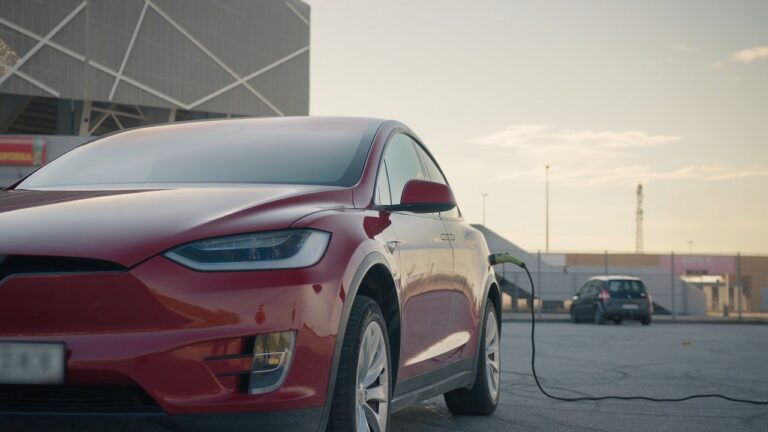Sustainable transportation has become more than a buzzword in 2025. Consumer demand for cleaner, more efficient vehicles is pushing automakers to innovate faster than ever.
Reducing automotive carbon footprints is now a central focus for manufacturers worldwide.
Evaluating eco-friendliness today includes examining electrification progress, use of sustainable materials, responsible progress in electrification, the excessive carbon neutrality targets.
Let us talk about the most eco-friendly car brands in 2025 in greater detail.
1. Tesla: The EV Trailblazer
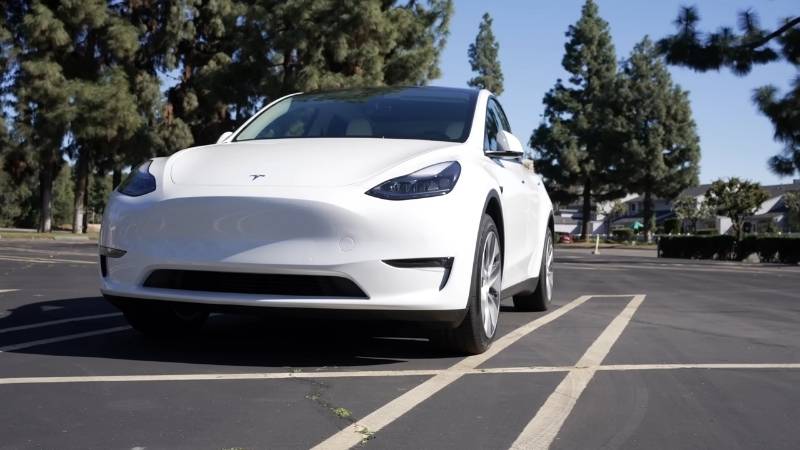
Tesla remains one of the most recognized names in the electric vehicle market, and in 2025, it continues to solidify that status with popular models such as the Model 3, Model Y, and the newly released Cybertruck 2025 edition.
These vehicles not only push performance boundaries but also set standards for what sustainable personal transportation can look like.
Tesla has built its reputation on offering zero-emission vehicles that don’t compromise on range, speed, or tech. With consistent innovation, the brand is influencing an entire industry to follow suit.
Electrification goes hand-in-hand with advanced software, AI-driven power management, and a dedication to reducing the environmental burden of vehicle production.
Tesla doesn’t stop at what’s under the hood. Its commitment extends to how its cars are made, how they’re charged, and how they integrate into broader energy systems.
Manufacturing facilities, such as Gigafactory Berlin and Gigafactory Texas, showcase clean energy usage, forward-thinking design, and vertically integrated production models aimed at minimizing waste and maximizing efficiency.
Innovations:
- Long-range EVs with zero tailpipe emissions.
- Expansion of solar-powered Supercharger stations worldwide.
- AI-driven battery management and energy optimization.
- In-house battery innovations aimed at reducing rare earth mineral dependency.
Sustainability Practices:
- Factories like Gigafactory Berlin aim to run fully on renewable energy.
- Tesla continues pushing toward full carbon neutrality in manufacturing.
- Emphasis on recycling and minimal waste in production.
2. Toyota: Hybrid Pioneer & Hydrogen Innovator
Toyota remains a global leader in hybrid vehicle technology and is now advancing hydrogen fuel cells.
The Prius 2025 represents maturity in hybrid efficiency, while the Mirai brings hydrogen power to the mainstream.
Innovations:
- Expanded plug-in hybrid offerings alongside traditional hybrids.
- Cutting-edge hydrogen technology focused on quick refueling and long range.
- Modular drivetrain architecture adaptable for various regions.
Sustainability Practices:
- Commitment to achieving carbon neutrality by 2050.
- Energy-efficient production techniques reduce operational emissions.
- Continuous investment in low-impact material sourcing.
If you struggle to find Toyota genuine spare parts supplier, you should visit https://sts-global.com/toyota-parts.
3. Hyundai: Ioniq & Fuel Cell Tech
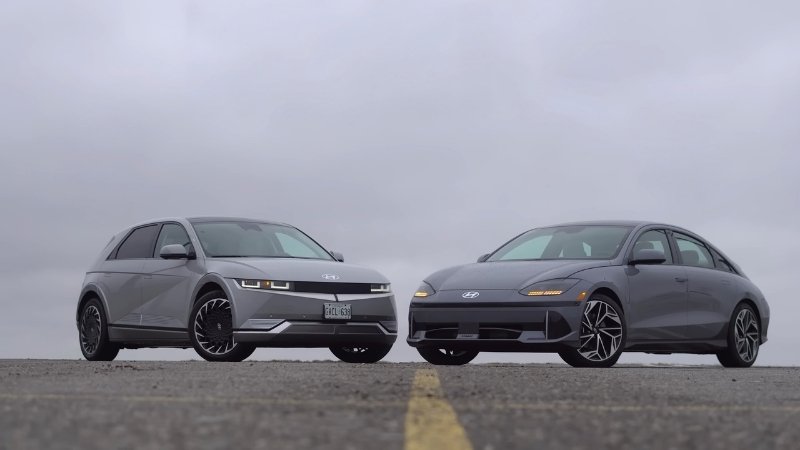
Hyundai has firmly secured its place in the global push toward sustainable mobility.
With models like the Ioniq 5 and Ioniq 6 earning recognition for their performance, sleek design, and efficiency, Hyundai’s EV line is now a major force in markets across:
- North America
- Europe
- Asia
The Ioniq series offers long-range capabilities, cutting-edge software features, and an ultra-fast charging infrastructure that aligns with modern driving expectations.
Alongside the Ioniq models, the Nexo hydrogen fuel cell SUV shows Hyundai’s commitment to diversifying energy sources for cleaner driving.
Nexo offers zero tailpipe emissions and refueling times that rival traditional gasoline-powered cars—something battery-only EVs still struggle to achieve.
Hyundai isn’t banking on just one technology. It’s pushing forward with a dual approach: accelerating EV adoption through consumer-friendly pricing and simultaneously investing in hydrogen as a scalable, clean alternative for both personal and commercial use.
Innovations:
- Multi-platform electric vehicle architecture designed for flexibility.
- Hydrogen fuel cell vehicles gaining traction in Asia and Europe.
- Advanced charging technology enabling faster recharge cycles.
Sustainability Practices:
- Integration of sustainable materials into cabin designs.
- Factories redesigned for energy efficiency and emissions reduction.
- Recycling initiatives built into battery production processes.
4. Kia: Affordable Electrification
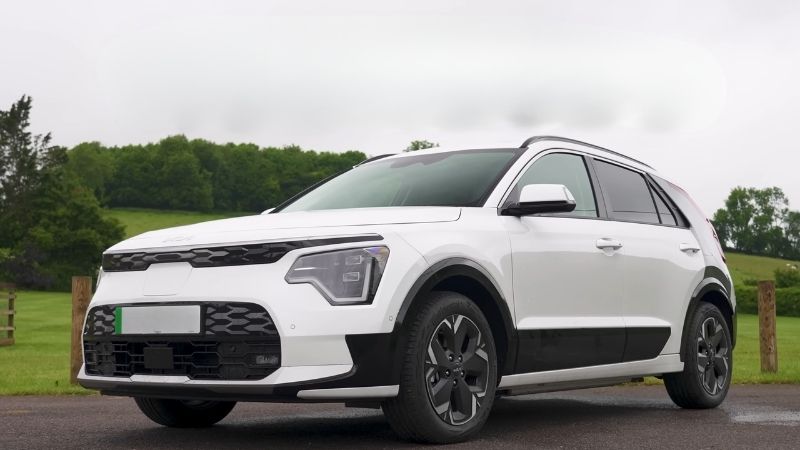
Kia makes electric vehicles more accessible without sacrificing innovation.
Models like the Niro EV and EV6 offer excellent range and features at a lower price point.
Innovations:
- Budget-conscious EVs with advanced range and features.
- Use of ADAS (Advanced Driver Assistance Systems) focused on energy conservation.
- Smart route optimization to minimize energy waste.
Sustainability Practices:
- Logistics operations restructured to minimize emissions.
- Use of recycled plastics and materials in vehicle interiors.
- Compact, energy-efficient production methods.
5. Nissan: EV Accessibility for All
Nissan continues to democratize EV access with models like the Leaf and Ariya.
The focus is not only on technology but also affordability for middle-income drivers globally.
Innovations:
- Battery technology tailored for cost-effective, mid-range vehicles.
- Global expansion of EV availability across emerging and developed markets.
- Introduction of vehicle-to-grid integration in select regions.
Sustainability Practices:
- Manufacturing facilities retooled for lower emissions.
- Emphasis on recyclable and second-life battery applications.
- Shift toward local production to cut transportation-based emissions.
6. Volvo: Electrification Commitment by 2030

Volvo’s transition to a fully electric lineup is already in progress, with the XC40 Recharge and EX30 leading the charge.
Transparency and accountability play a major role in Volvo’s eco strategy.
Innovations:
- EV-only product pipeline with a deadline for internal combustion phaseout.
- Digital CO₂ footprint tracking per vehicle lifecycle.
- Smart interface systems that promote energy-efficient driving behavior.
Sustainability Practices:
- European plants operating on 100% renewable energy.
- Vehicle bodies use recycled metals and sustainable textiles.
- Circular economy initiatives launched for older Volvo parts and batteries.
7. Ford: Electric Trucks & Carbon Goals
Ford brings electrification to the masses through familiar nameplates.
The Mustang Mach-E and F-150 Lightning embody a transition that combines nostalgia with progress.
Innovations:
- Legacy vehicle names revitalized with EV platforms.
- Grid-friendly smart charging integration for homes and commercial fleets.
- Focus on high-torque EVs suitable for hauling and utility.
Sustainability Practices:
- Battery recycling partnerships forming part of long-term strategy.
- Comprehensive carbon neutrality goals for 2050.
- Factory upgrades aimed at water reuse and waste reduction.
8. Mahindra & Tata (India’s Green Mobility Push)
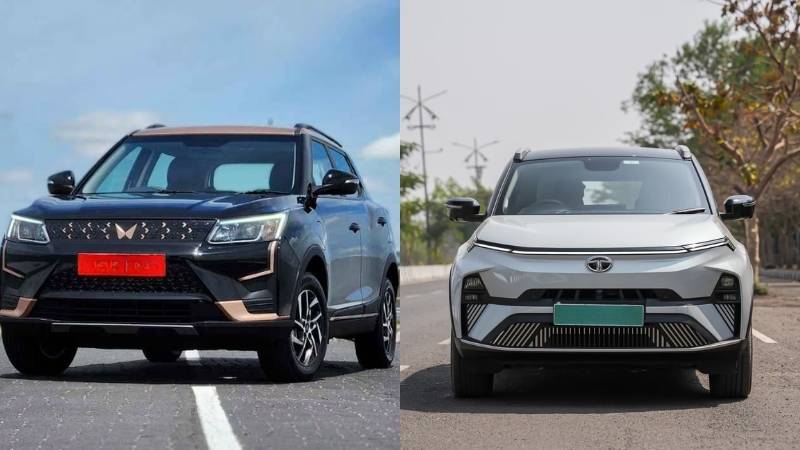
Mahindra and Tata are changing the face of EV adoption in emerging markets.
Affordable EVs like the Mahindra XUV400 and Tata Nexon EV support green mobility without breaking budgets.
Innovations:
- Localized manufacturing to lower costs and reduce transport emissions.
- EVs tailored for regional conditions with cost-efficiency as a focus.
- Partnerships driving EV infrastructure growth in urban and rural areas.
Sustainability Practices:
- Recycled battery programs through collaborations like CERO.
- Solar-powered assembly plants reducing grid dependency.
- Regional employment strategies supporting sustainable development.
The Bottom Line
Brands highlighted here are redefining modern mobility through strategic innovation and environmental commitment.
Efforts span pure EVs, hybrids, and hydrogen vehicles while incorporating renewable manufacturing practices and sustainable sourcing.
A multi-path approach to cleaner transportation ensures broader impact across global markets.
Supporting these brands through informed choices sends a message that eco-conscious engineering matters.

